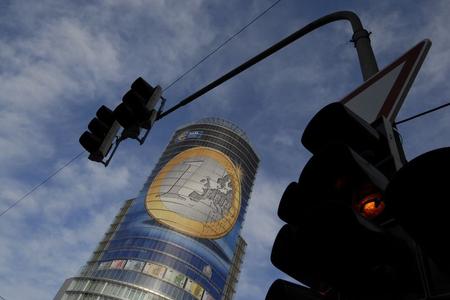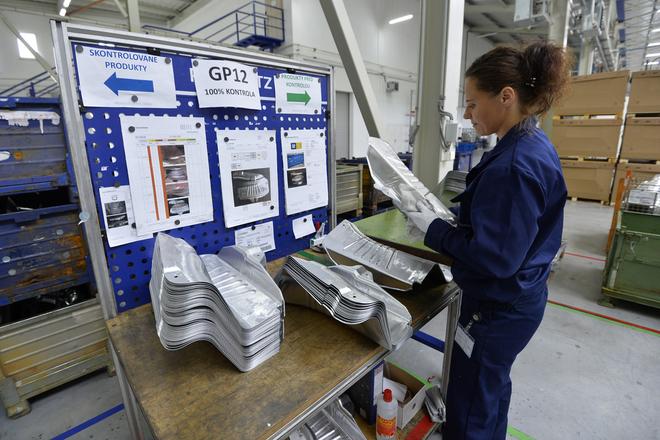Read in this story
-What are the three pillars on which the economic responses of the seven surveyed countries rest
-What the Labour Ministry thinks of the study’s conclusion
-What business organisations think about the anti-coronavirus crisis measures adopted in Slovakia
-What business organisations propose doing with the populistic measures taken by the previous government
Whoever gives quickly, gives twice, says a Slovak proverb. This is even more true when a drop in demand and drastic measures to prevent the novel coronavirus from spreading further have hindered economies across the globe. It seems that the measures in Slovakia have worked out and its population is one of the least hit by the COVID-19 virus. But this is not the case of its economy, which is expected to contract this year.

How big the challenge the Slovak economy faces in the end depends on the development in neighbouring countries, as well as the generosity of the state in providing assistance and incentives when re-opening the economy. For now it seems, based on a study comparing measures taken by seven countries to counter the economic crisis caused by the COVID-19 pandemic, that Slovakia is at loose ends.
“In the countries surveyed, Slovakia is the one where the government’s assistance has so far been the least generous, the most narrow in the use of instruments, and so far, the slowest,” reads the study Economic Crisis Responses in the Wake of COVID-19 Outbreak prepared by the Bratislava-based Centre for Public Policy (CVP) and the London-based Inline Policy.
In March-April 2020, the study compared measures adopted by the governments of Germany, the United Kingdom, France, Austria, the Czech Republic, Hungary and Slovakia, i.e. four countries in western Europe and three in the eastern part of the EU.
“We hope that the study will serve in Slovakia as well as other countries to open discussions on the effectiveness of the approach of individual countries or as inspiration for what instruments could be added to the so-far adopted schemes to combat the crisis,” said the study’s coordinator, Juraj Draxler, of the Centre for Public Policy and former education minister, as cited by the Denník N daily.
Business and industry associations and employer organisations assess the measures taken in Slovakia as helpful, but too slowly adopted, too complicated and administratively demanding, pointing out that these are decisive for the future competitiveness of Slovakia.



 Illustrative stock photo (source: TASR)
Illustrative stock photo (source: TASR)